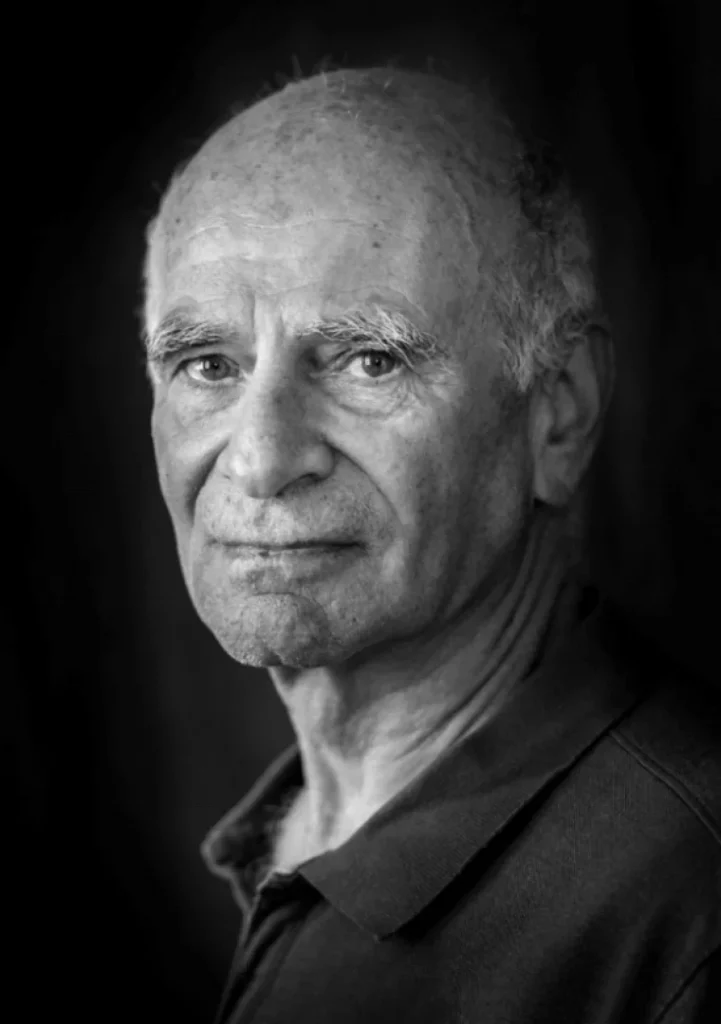
Hell broke out in March 1968. On March 9th, the day after the demonstrations, newspapers and radio stations began to write about it all. Several Jewish names were mentioned. I understood this was not right, that something was fabricated.
Then they started to criticize freely, while friends at school were arrested. They did all of this to increase the mention of Jewish names, to prove that Jews are actively opposing Poland.
At this juncture, many of our Polish acquaintances stopped contacting us. There was hardly any Polish family which socialized with my father. One of his closest friends turned around and took a different route when seeing my father on the street. I didn’t believe him when he told me the story, but it was true.
Some of my friends who were arrested, applied to leave the country as soon as they were released from prison. More and more people left all the time. Suddenly you discover that another student friend, whom you have known all your life, is Jewish.
My friends told me that that their parents had problems at work and had been fired. They had nothing to live on. The situation was similar to developments in Germany during the early thirties, Jews were thrown out of their jobs.
My mother said: “My son, you have to leave the country, you won’t be able to live here.” But she was afraid to leave. Many of the elderly stayed behind. They couldn’t bear the thought of starting a new life all over again.
We went to the Danish, Norwegian and Swedish Embassies and applied for visas. A positive reply from Sweden came first and we decided to go there.
I wanted my mother to join us. But many of our older parents were afraid to be a burden to the younger generation. They thought communist Poland would take care of the old and sick, while you wouldn’t get healthcare and other benefits in Sweden. That was the perception they had, a completely distorted picture of life outside Poland.
(Source: Anna Grinzweig Jacobsson, The Escape to Marstrand)